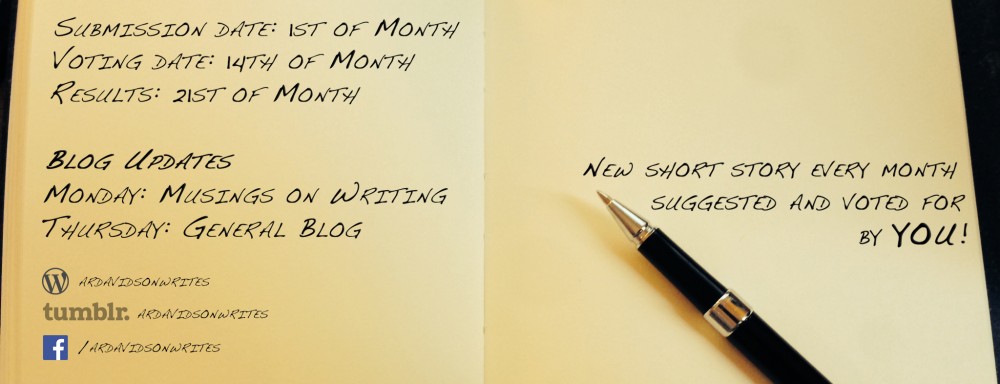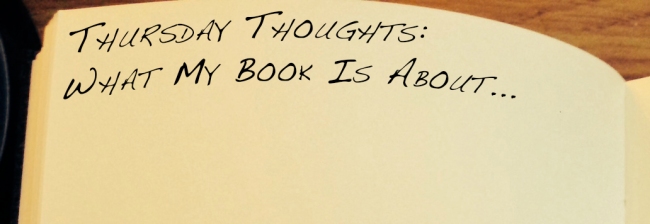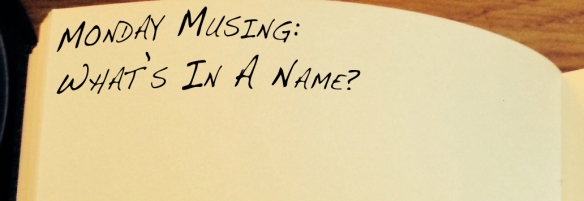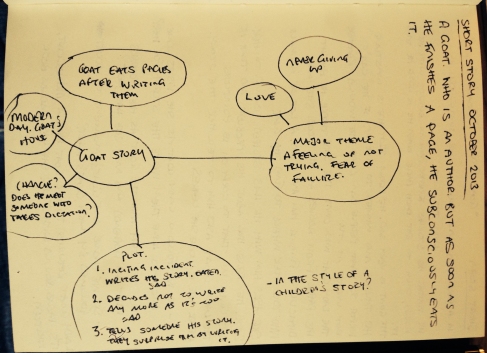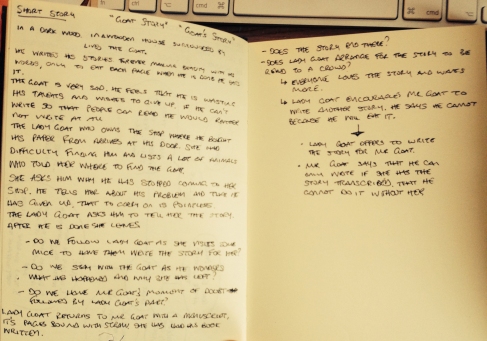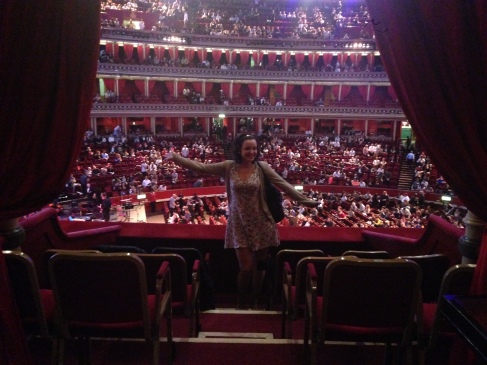Hello Blog-babes,
Today is a little blog about the state of my novel and a problem that I doubt is unique to me.
I’ve actually been struggling to write recently. My struggle hasn’t been in terms of putting words on metaphorical paper, it has been in an acceptance that the words are the right ones. Or even good ones.
For two weeks I have been writing small sections of prose. Where I had once managed to average about 5,000 words a day I was suddenly having to drag myself to reach 1,000. Each day I would read back over the previous day’s efforts and rip it out and try it again. It was torturous, slow and demoralising. It wasn’t that I didn’t know what I was writing, but I was falling into that trap of writing without saying anything. Actions would come and go with ne’er a purpose between them. It’s frustrating reading your own work and realising that you are not reaching the potential you know is there.
Aside from the story/character exercises I’ve previously blogged about – which did help! – one other invaluable tool to the writer is: discussion. If something is knotted up and you know that no matter how you try you can’t work around it… talk to someone. We have an amazing capacity, when we really need to, of making ourselves understood to other people. By trying to explain the beats and narrative of what you are trying to write to someone else, if they are not understanding it you will find yourself instinctively rephrasing your point for clarity, this continues until the other person understands. You are refining and streamlining your problem to its clearest form so that it makes sense to another, and importantly also to yourself. If you’ve got a good friend who is willing to be talked at, sit them down with a nice cup of tea and have at it.
I did this last week, set out what Evin is going through, what actions I’m writing and thematically what the section is about. And lo, I set about writing again and the words are flowing clearly and the action is moving purposefully forward.
Let your inner editor come out for a while when you both need space to breath, it will help.
I’ve also been exploring options for presenting the short stories I publish on this blog in a form that allows for them to be read on e-book/smart phone/tablet devices as an alternative to you only being able to read them on the blog itself. I had a play with Apple’s iAuthor, but I’m not sure if it’s the tool for me. I’m not sure if I’ll get anything finished before the next story is published, but hopefully soon after. And there’s one other thing that I have planned. But more on that at a later date.
– Andrew
(Also, Blog-babes?! Oh dear, that won’t do. I gotta think up a good collective term for you fine folks)
